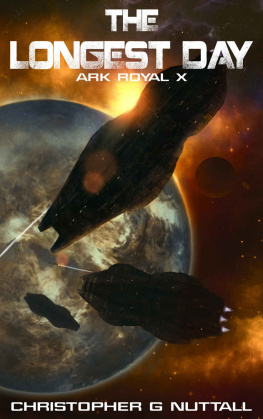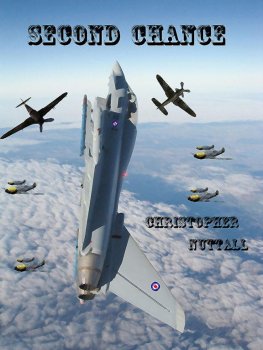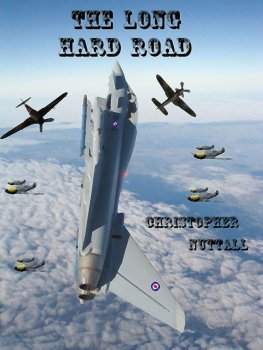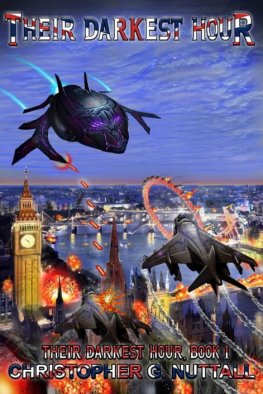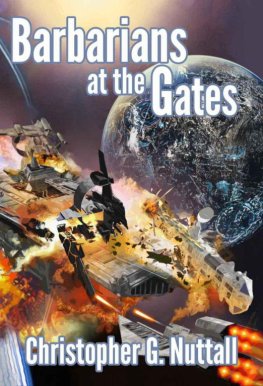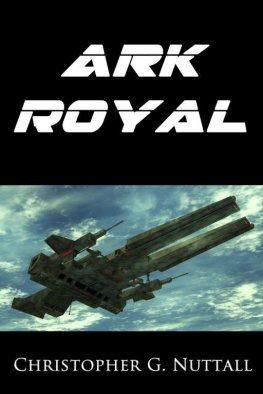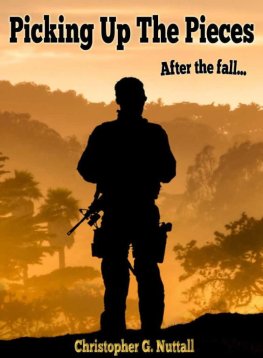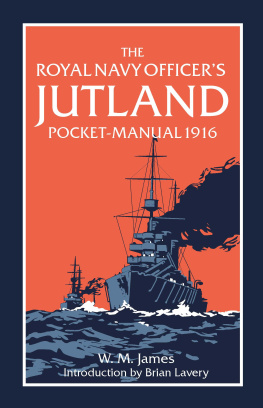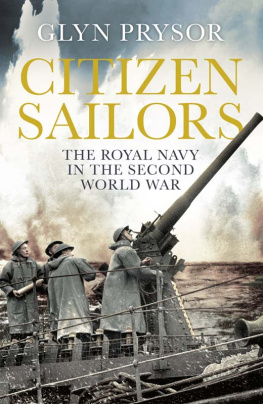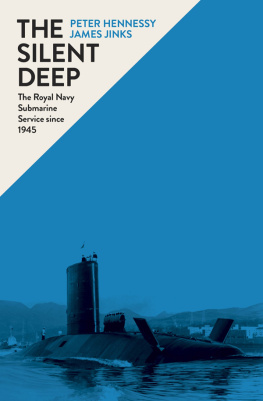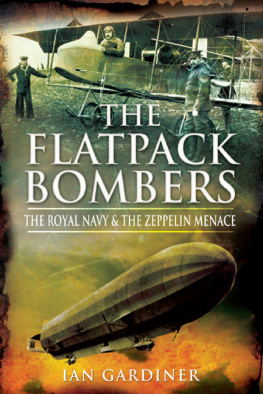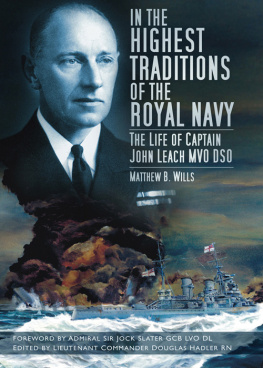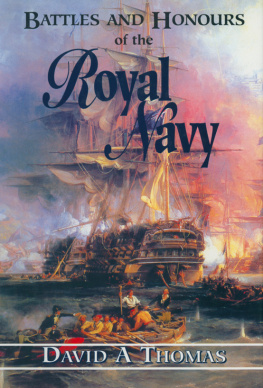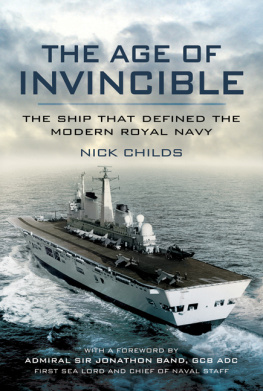The Longest Day
(Ark Royal X)
Christopher G. Nuttall
Book One: Ark Royal
Book Two: The Nelson Touch
Book Three: The Trafalgar Gambit
Book Four: Warspite
Book Five: A Savage War of Peace
Book Six: A Small Colonial War
Book Seven: Vanguard
Book Eight: Fear God And Dread Naught
Book Nine: We Lead
Book Ten: The Longest Day
http://www.chrishanger.net
http://chrishanger.wordpress.com/
http://www.facebook.com/ChristopherGNuttall
Cover by Justin Adams
http://www.variastudios.com/
All Comments Welcome!
Cover Blurb
A Stand-Alone Novel Set In The Ark Royal Universe!
The first major alien offensive against Earth has been blunted, winning humanity time to deploy new weapons and prepare new tactics as Earths space navies prepare to take the offensive. But the enigmatic aliens have plans of their own - a full-scale attack on Earth that will either win the war in a single stroke or lose it.
The stakes have never been so high. The fate of humanity itself is in the balance. And, as battle rages across the solar system, as humanity finds its back pushed firmly against the war, millions of people - military and civilian - struggle for survival, knowing that victory will come with a very high price ...
... And defeat will be the end of everything humanity holds dear.
Historians Note
The Longest Day is set during the Earth-Tadpole War, at roughly the same time as the latter half of The Nelson Touch . However, it is designed to stand alone.
Prologue
Tadpole Prime
No human had ever visited the Heart of the Song. No human ever would.
The Tadpoles - as their human opponents had termed them - didn't really believe in cities. It wasn't necessary , under the waters, to live in a compound, let alone sacrifice some of their freedoms to convenience. Even the giant factories theyd built, first on the surface and then in orbit around Tadpole Prime, felt profoundly unnatural to them. Something was lost, they thought, even as their race advanced into space. Ideas - the currency of their society - were slowly giving way to a bland uniformity that was as unnatural as the cities themselves.
It was something that disturbed them, although they would never have admitted it. Their whole society was based on freedom of movement and association. The disparate factions lived or died, stood alone or amalgamated, based on their ability to attract new voices and adapt to new circumstances. Being trapped in an echo chamber, where no new ideas could germinate and grow, was their racial nightmare. And yet, as they clawed their way into space, it seemed to be on the verge of coming true. They knew it ...
... And yet, they didn't know how to deal with it.
The Heart of the Song was the closest thing their race had to a genuine capital city, hundreds of metres below the waves. It was holy ground, sacred to a race that had never really developed anything resembling a religion. A human would have wondered at the lack of opulence, but the Tadpoles cared little for grandeur. All that mattered was that the area possessed excellent acoustics. All the factions could send representatives, if they wished, and be heard. And then a consensus would be reached.
Hundreds of thousands of Tadpoles floated in the water, adding their voices to the song as it rose and fell. Millions of seedlings rushed through the liquid, unnoticed by their older brethren. The Tadpoles knew - and accepted - that most of those seedlings would never grow to maturity, never claim the intelligence that was their birthright. It was the way of things, as unquestioned as the laws of physics themselves. Children only had value when they reached an age to join their voices to the song.
The war had not gone as planned, the Tadpoles acknowledged. It was ... frustrating . Theyd spent a great deal of time studying their enemy, since First Contact, yet they clearly hadn't learnt everything they needed to know. The song - the consensus - admitted those points, then moved on. There would be time for recriminations and improvements later, after the war. Their enemies had proven themselves adaptive, alarmingly adaptive. It was not a pleasant thought.
The original plan has failed , the voices urged. Let us take the offensive directly to their homeworld .
The song echoed backwards and forwards for hours. There were advantages to taking the offensive, but there were also disadvantages. And yet, did they dare wait? Theyd determined that they shared a region of space with an aggressive, ever-expanding race. Much of the material theyd captured had been incomprehensible - and their alien prisoners very alien - but it was clear that humanity had practically exploded into space. It was sheer luck, the song acknowledged, that theyd encountered humanity when the Tadpoles held a tech advantage. A decade or two later and it might well have been the other way round.
They are already learning to adapt our technology to serve themselves , the voices insisted, grimly. Time is not on our side .
Then we should speak to them , other voices injected. Try to convince them to share the universe with us .
The song wavered for a long moment. Not all the factions had been keen on war. Wars were risky, theyd insisted. There was no way to know if humanity would fight like the Tadpoles of old or something different, something not bound by the song. But human history seemed to be one continuous liturgy of war. The Tadpoles didn't understand the reason humans had put so much energy into warring amongst themselves - the captured files were readable, yet incomprehensible - but they were frightened. It was impossible to avoid the belief that the galaxy, the utterly immense galaxy, might not be big enough for both races, even though they could have shared a hundred worlds without problems.
They are inventive , the war factions said. Let us dictate terms to them after we have won the war and removed all danger to ourselves.
They are too dangerous to exist , another faction added. We must destroy them before they destroy us .
The song hissed with indignation. Humans were an intelligent race, the only other intelligent race known to exist. They did not deserve to be exterminated. And yet, the risk of leaving them alive had to be admitted. The Tadpoles were creative, but far - far - less innovative than their opponents. It was all too easy to believe that the humans might come up with something that would tip the scales decisively against them. And then ... human history was full of examples of what winners did to losers. If they were prepared to crush people who were their biological identicals, the Tadpoles asked, what would they do to aliens ?
Let us win the war , the song said. We can worry about the aftermath afterwards .
New ideas flooded through the gathering. An offensive, targeted directly on the human homeworld. It might not succeed in occupying the system - the Tadpoles admitted that the system was heavily defended, even if the human factions didn't work very well together - but it would devastate the human industrial base. Follow-up raids could target their remaining colony worlds, crippling their space navies for lack of spare parts and maintenance. And then the war would be over, bar the shouting.
And then we can dictate peace terms , the factions said.
It would be risky, the song agreed. But there was always an element of risk in war. Theyd thought theyd prepared for everything, but the humans had surprised them. Losing so many carriers to a single ancient ship - a ship so old it had never registered with them as a potential threat - was galling. It was also a grim reminder that, for all of their technological prowess, they could still lose the war. The song was unanimous. They had to win. They didn't dare lose.
Next page
